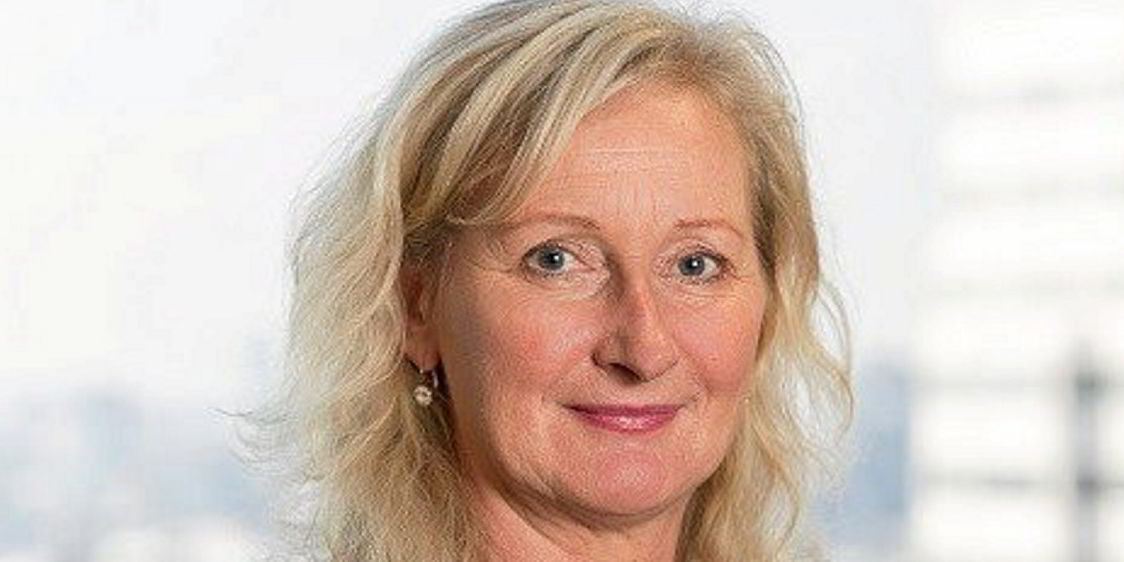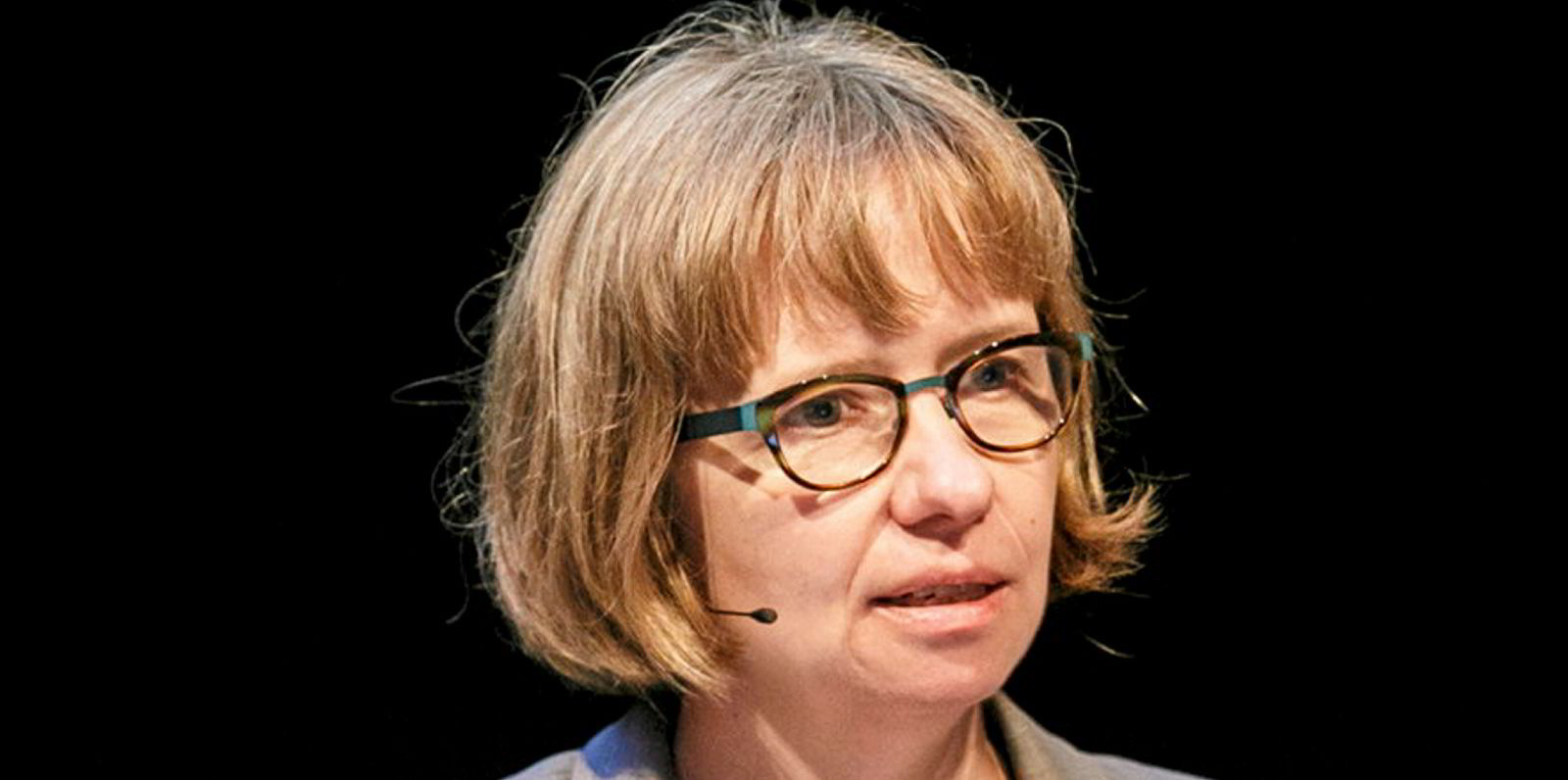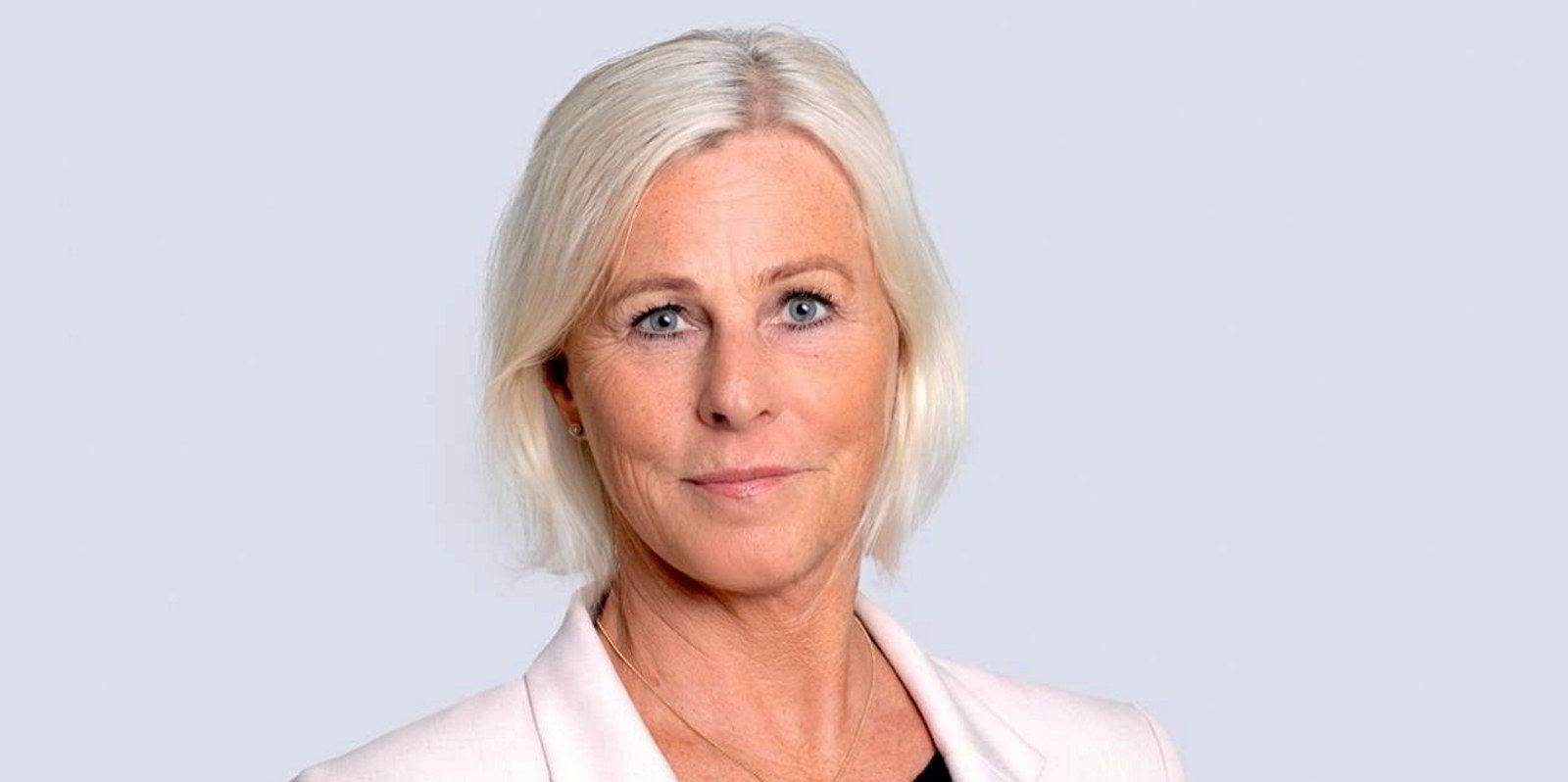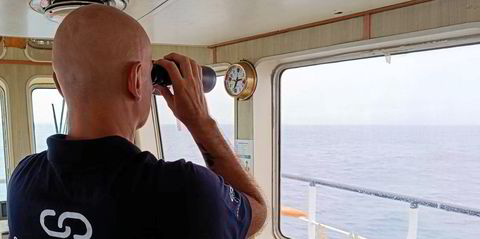Shipping groups included in the ESG 100 report into the largest companies on the Oslo Stock Exchange have mostly improved their ratings in 2020.
Nine "pure" shipping companies were assessed for their environmental, social and governance (ESG) reporting into their strategies, goals, risks and opportunities by The Governance Group, which produces the ESG 100 report.
Seven of the eight shipping companies received a higher overall rating with one, Golden Ocean Group, unchanged from last year, while Hafnia was a newcomer to this year’s sample.
B grades, generally up from C, were achieved by Wallenius Wilhelmsen (B+), BW LPG (B), Stolt-Nielsen (B), Wilh Wilhelmsen (B), Flex LNG (B) and Frontline (B-). The Golden Ocean Group was unchanged at B-.
Ocean Yield rose to C from D and Hafnia received the lowest rating of E. MPC Container Ships is not one of the largest listed companies but requested an assessment and received a B-.
The ESG 100 report has been run for four years and The Governance Group said reporting has rapidly increased in this period, “from the bottom of the pile in corporate communication departments, to the front end of companies’ annual financial reports".
“ESG factors are already influencing companies’ valuation and access to capital,” it said.
Shipping companies have on aggregate improved reporting on all environmental criteria, the group said, with half of them providing Scope 1 and Scope 2 emissions data and stating a commitment to the International Maritime Organization's emissions reduction targets.
Reporting on social criteria was much improved, it added, especially on gender balance. Improvements were also noted in policies for equal opportunity and non-discriminatory practice, but human rights remained a challenge.
Much improved reporting on governance criteria was also noted. The report said a stand-out improvement came in reporting “ESG opportunities” for which all shipping companies had scored zero in 2019.
All the shipping companies provided a description and some information on new, strategic “green” growth opportunities in their 2020 ESG reporting, it said.
Only two failed to use a recognised reporting standard, such as GRI or SASB, the Governance Group said. They were Ocean Yield and Hafnia.
Governance Group partner Joachim Nahem told TradeWinds: “A key factor is that shipping companies are increasingly reporting to the market.”
John Fredriksen companies only issued their first reports in 2019, so they previously got lower scores as a result of not reporting, he said.
Regulatory requirements to report emissions have to an extent pushed shipping companies forward on the E of ESG, but Nahem said there is not a straightforward correlation with improved ratings.
“The targets keep moving meaning the expectation of the information and the quality of it is improving year on year. So, what may have been good enough ESG reporting in 2019 most likely is not for 2020,” he said of all categories.
The Governance Group provides advisory services to many of the largest companies listed in Oslo. The ESG reporting was undertaken by an independent third party, the Norwegian School of Economics (NHHS Consulting), to ensure an impartial and consistent process.
The full ESG 100 report noted that two thirds (67) of all companies made meaningful reporting on greenhouse gas emissions (rated 3 or 4). The number achieving the maximum 4 rating has doubled since 2019, reflecting the shift in focus on climate change and emissions.
However, it added that “many companies appear relatively unprepared to meet stricter legal reporting requirements emerging in the wake of regulatory changes which mandate increased and specific ESG disclosures".
“The EU Taxonomy ‘green ratio’ for classifying company’s economic activity and the EU Corporate Sustainability Reporting Directive are two key reporting requirements that companies will shortly need to address,” the report added.
A majority of large Norwegian companies report on ESG impacts in their supply chain management, with just over half achieving a rating of 3 or 4. But the report said: “A stubborn cohort persists of companies (21) with very limited or no reporting on their supply chain impacts.”
Virtually all the companies disclosed some information on the corruption risks they face, and how they are managed. The majority (52) achieved top ratings, while those rated 1 or 2 fell to 13 in 2020, from 25 in 2019.
Human rights social reporting was a problem across the entire Oslo exchange with only six of the 100 rated companies receiving the top rating.
First column: score 2020/ Second column: score 2019/ Third column: Trend score 20 vs 19
|







